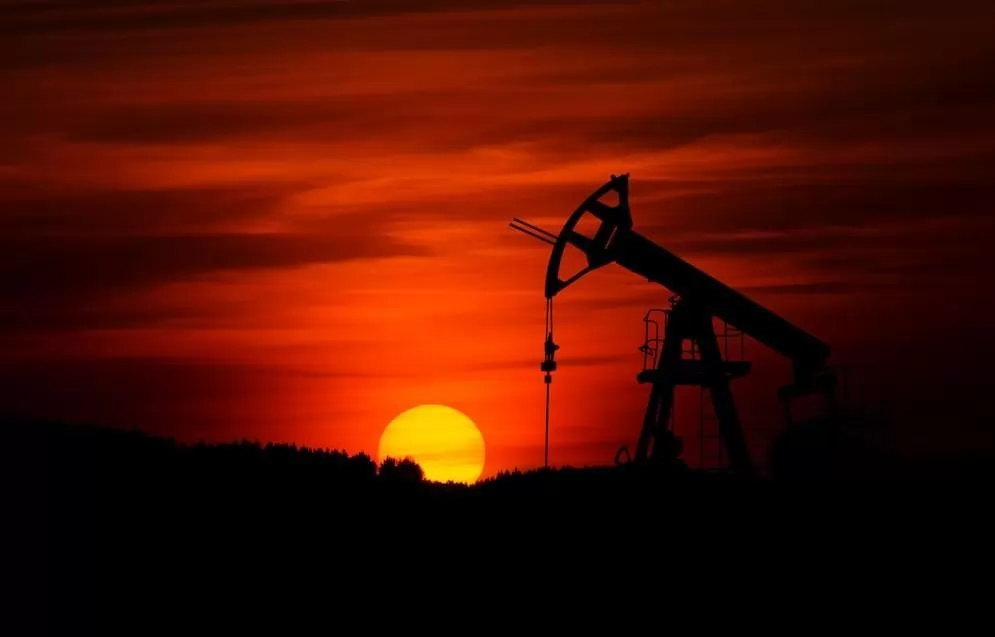Summary of our market study
The global shale gas market is worth billions of dollars.
Despite holding the second-largest shale gas reserves in Europe, France does not exploit this resource. A ban on shale gas exploration and extraction was enacted in 2017. 83% of people express disapproval due to perceived environmental impacts.
France is entirely dependent on natural gas imports, as evidenced by the sharp rise in shale gas imports from the United States.
Internationally, while China, Argentina, Algeria and the United States hold significant reserves, France is not.
Growing global energy demand and competitive prices have stimulated the shale gas industry.
Nuclear power accounts for 70% of the country's electricity production.
France's gas-fired power plants are concentrated in the north and northeast, and use methods such as combined-cycle power plants.
Shale gas players
- Total, France's leading energy group, is not involved in shale gas extraction in France.
- Engie, formerly GDF Suez, plays an important role in the French energy sector, particularly in natural gas distribution and energy services.
- Exxon Mobil: the American oil and gas giant is a key player in the shale gas sector, not only in the USA, but worldwide.
- Chevron: a player bringing its considerable resources and investments to bear on shale gas, particularly in the United States, where it is one of the leading producers.
to understand this market
Detailed content of our market study
 Inforamtion
Inforamtion
- Number of pages : 35 pages
- Format : Digital and PDF versions
- Last update :
 Summary and extracts
Summary and extracts
1 Market overview
1.1 Definition and introduction
Shale gas belongs to the natural gas family. It is extracted from shale rock underground by hydrolic fracturing and horizontal extraction.
Global Industry News24 estimates that around 71% of extraction is by horizontal extraction and 29% by hydraulic fracturing (also known as fracking). Shale gas reserves can be found all over the world.
The global shale gas market is growing rapidly due torising energy demand. Technological innovations in the sector are also improving its prospects. Nevertheless, this product remains highly criticized for its negative effects, the most well-known of which are the waste of water and the environmental impact on ecosystems.
France's relationship with shale gas is complex; in 2017, it banned all new oil and gas exploration licenses, as well as all oil and gas extraction, with immediate effect. Critics say this decision was purely symbolic, however, since French oil and gas production accounts for just 1% of national consumption. [ AP ] When it comes to shale gas, France imports all its consumption. In 2018, France began importing shale gas from the United States, among other countries.
The shale gas market has been hit hard by COVID-19 McKinsey says the pandemic has reduced gas demand by 5-10%.
All our studies are available online in PDF format
Take a look at an example of our research on another market!
 Choosing this study means :
Choosing this study means :
Access to more than 35 hours of work
Our studies are the result of over 35 hours of research and analysis. Using our studies allows you to devote more time and added value to your projects.
Benefit from 6 years' experience and over 1,500 industry reports already produced
Our expertise enables us to produce comprehensive studies in all sectors, including niche and emerging markets.
Our know-how and methodology enable us to produce reports that offer unique value for money.
Access to several thousand articles and paid-for data
Businesscoot has access to all the paid economic press as well as exclusive databases to carry out its market research (over 30,000 articles and private sources).
To enhance our research, our analysts also use web indicators (semrush, trends, etc.) to identify market trends and company strategies. (Consult our paying sources)
Guaranteed support after your purchase
A team dedicated to after-sales service, to guarantee you a high level of satisfaction. +44 238 097 0676
A digital format designed for our users
Not only do you have access to a PDF, but also to a digital version designed for our customers. This version gives you access to sources, data in Excel format and graphics. The content of the study can therefore be easily retrieved and adapted for your specific needs.
 Our offers :
Our offers :
the shale gas market | France
- What are the figures on the size and growth of the market?
- What is driving the growth of the market and its evolution?
- What is the positioning of companies in the value chain?
- Data from several dozen databases
Pack 5 études (-25%) France
- 5 études au prix de 74 €HT par étude à choisir parmi nos 1200 titres sur le catalogue
- Conservez -25% sur les études supplémentaires achetées
- Choisissez le remboursement des crédits non consommés au terme des 12 mois (durée du pack)
Consultez notre catalogue d’études sectorielles


















